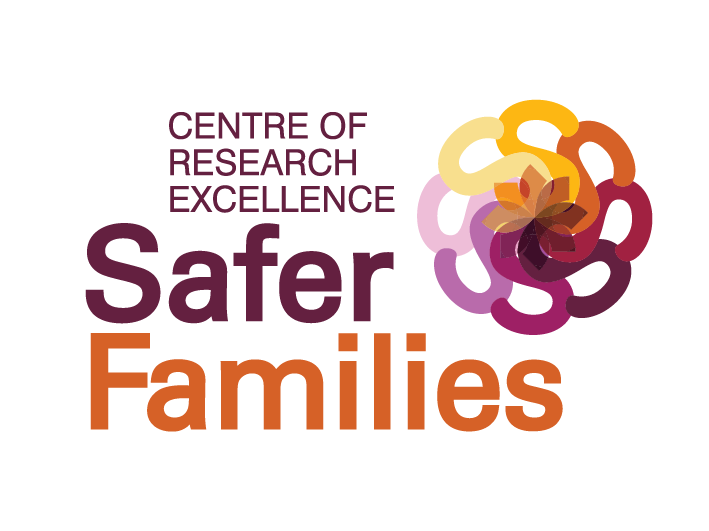Primary Health Network Collaboration
The Safer Families Centre aims to work closely with Primary Health Networks (PHNs) to deliver domestic and family violence training to primary care.
In recognition of the role primary care can play in identifying and responding to domestic and family violence (DFV), the Australian Government committed funding in the 2019-20 Federal budget to the Department of Health and Aged Care to continue and expand the pilot work of Brisbane South Primary Health Network (PHN) implemented in 2018 to a further five PHNs: Central and Eastern Sydney (CESPHN), Hunter New England and Central Coast (HNECCPHN), Nepean Blue Mountains (NBMPHN), North Western Melbourne (NWMPHN), and Western Victoria (WVPHN).
Three of these six funded PHNs commissioned Safer Families Centre to work with them during this time at various levels. The Safer Families Centre, University of Melbourne has also helped develop, work with and support the model in the NWMPHN since 2013. The Safer Families Centre is in a continued partnership with NWMPHN to deliver training.
In 2022, the Australian Government announced funding to continue the existing PHN pilot sites from 2023 to 2026 and expand the program to states and territories that did not currently have a pilot. In addition pilots in NSW, Victoria and Queensland were expanded to integrate a primary care response to sexual violence and child sexual abuse.
As a result, five additional PHNs joined the pilot work: Capital Health Network; Northern Territory PHN; Primary Health Tasmania; Western Australian Primary Health Alliance; and Adelaide PHN & Country SA PHN as a consortium.
In the 2019-20 Federal budget, the Australian Government also committed funding to the Safer Families Centre in a partnership with RACGP, Blue Knot Foundation and Phoenix Australia to deliver The Readiness Program. The program was subsequently developed and offered a range of accessible DFV training options for primary care providers across Australia. Through this, our Centre worked with PHNs to promote The Readiness program in every state and territory with a particular focus on those catchments where a PHN pilot did not exist to give every primary care provider an opportunity to participate in DFV training.
Funding for The Readiness program ended in June 2024 and we are currently seeking funding to continue and expand our training program. However our program is still funded to operate in the North West Melbourne catchment due to our long standing partnership with NWMPHN to deliver training.
Our intensive virtual practice centred training, Pathways to Safety program and online e-learning modules are available as a ‘fee-for-service’ until further funding is secured. We also design and host other training for PHNs upon request. We are happy to take requests at any time. Please contact the Safer Families Centre Manager.
The Safer Families Centre leads a National Advisory group for Domestic and Family Violence training to contribute to strategies for strengthening collaboration and reducing duplication across the programs. Expert advice and feedback from relevant key stakeholders is facilitated to identify opportunities to complement and connect other training in DFV and advocate for primary care worker participation and offer an opportunity for continued alliance across programs.
Members represent key stakeholders for DFV training in the primary health care sector including Safer families C entre and partner organisations, Primary Health Networks, GPs, Primary care nurses, Aboriginal and Torres Strait Islander Health Workers/ Practitioners, cultural diversity training, lived experience and representation from the Department of Health and Aged Care.
The group meets approximately three times a year.
For more information please contact Safer Families Centre Manager, Simone Gleeson simone.gleeson@unimelb.edu.au



